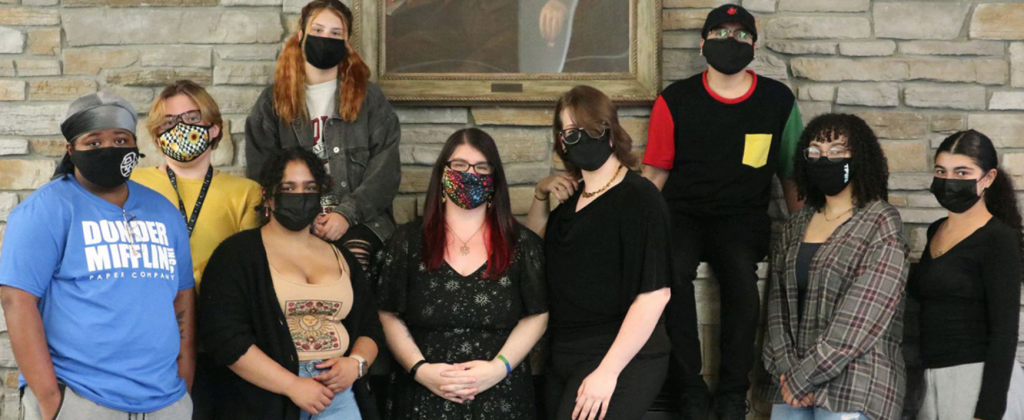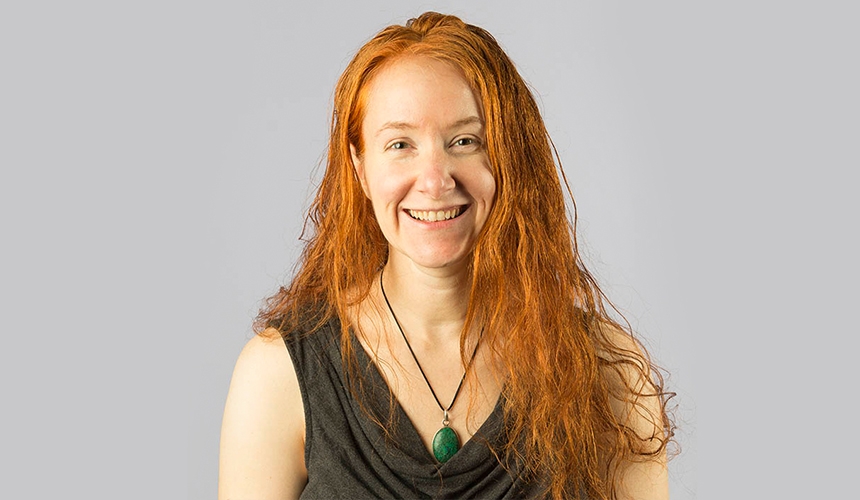
Chelsea Sookra, Staff Writer|
On Wednesday, Sept. 15, Emily Phelps, Assistant Director for Student Life and Leadership, and the Gender and Sexuality Resource Center, and Rebecca Harrington, Health Educator at SUNY Oneonta, hosted their first biweekly virtual discussion on all things sex, identity, and health.
Each session they will talk about different aspects of sexual relationships, cultural norms and expectations, and dismantling stigma around healthy discussions on uncomfortable topics. They will also invite guest speakers and encourage folks to bring their questions. What did you always want to know? Opportunities for you to submit questions anonymously for them to answer and discuss will be available.
Phelps and Harrington began their discussion by discussing their careers around sex education. Harrington has been discussing sex education for the last 18 years and mentioned that she still feels like talking about sex is taboo at times but in reality, it’s not.
They had a series of polls for students to answer about their sex education growing up and centered the discussion around that. They asked questions such as “When did you learn about sex?” and “When did you learn the proper names for your genitals?”
Along with giving students space to talk about their experiences, they discussed their own as well. Phelps brought up how they learned about sex early on due to a progressive parent, which shaped their view growing up. They’ve always known the proper terms for things and wanted to ensure that students receive the proper information too. There were some things they didn’t know until recent years, like proper sex hygiene. Sex hygiene is more than just a condom and peeing after sex and they want to educate students on sexual health as well.

Harrington also discussed some plans regarding sex education. One of the plans being to have a place on campus for late-night access, like a hang-out spot for students. SUNY Oneonta’s campus doesn’t have any places open late at night, so Harrington thinks having a late-night place may give students another option if unsure about going to their date’s dorm and potentially having sex. Harrington also discussed having more sex resources such as talking to the Milne Library employees about their video library and seeing what’s there in terms of sex education.

Breaking taboos was another focal point of the discussion. They commented on the fact that society is getting more comfortable talking about sex, but it is still not fully 100% there. In Phelps’ education, teachers weren’t educated on sex. In the 5th grade, Phelps’s class was split up into boys and girls to watch a video on sex education. The girls watched a video about periods while the boys watched a video on ejaculation and the teachers didn’t know how to subside the awkwardness after they were all brought together. Society is not as awkward about sex now, but sex education still needs work.
The conversation ended on the topic of normalcy. Regarding sex, everyone wonders if they’re normal or not. Phelps and Harrington made it clear that there is no normal and everybody is a good body. The porn industry causes us to doubt ourselves, but porn is not real, and everyone should remember that.
Harrington and Phelps agree that more around sex needs to be discussed, not just heterosexual sex and pregnancy. LGBTQ+ sex and disabled sex need to be included in the conversation.
Leave a Reply